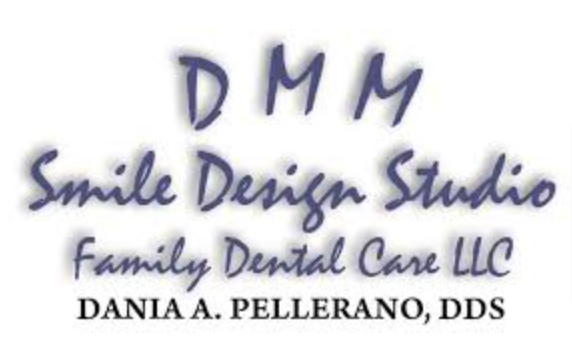
TMJ in Albuquerque, NM
TMJ in Albuquerque, NM
Temporomandibular joint disorder, also known as TMD or TMJ syndrome, is a common condition that affects millions of Americans. The temporomandibular joints are the small hinges that connect your jaw to your skull. They control chewing, speaking, and facial movements. When these joints experience stress, they become inflamed and painful. As a result, they often become blocked with scar tissue. This could cause them to become misaligned, leading to various symptoms that can negatively impact your quality of life.
Causes of TMJ Disorder
Pain caused by TMJ issues could be temporary or chronic. It can come and go, and it might be severe enough to disrupt your life completely. Determining what brings it on can help you avoid it in the future. Here are a few of the most common reasons people get TMD.
- Traumatic injuries often cause this pain. You might have been injured in a car wreck or other type of accident. Whiplash after a bad car accident can lead to a variety of symptoms, including pain in the jaw.
- Bruxism is another common cause. This refers to clenching your jaw when you’re awake, which can cause the muscles to become inflamed. Because you clench and unclench your teeth many times throughout each day, bruxism is often a chronic condition.
- Arthritis and other joint disorders can cause pain in the joints. When the temporomandibular joint is affected, it can cause problems with how your mouth moves when you chew and speak. The lower back can also be affected by arthritis, resulting in stiffness and pain.
- Poor posture can cause the jaw to be misaligned and lead to pain in the muscles of the face and head. If you spend a lot of time sitting at a desk, you’re more likely to have this problem than someone who stands for a living.
- Stress and anxiety can also cause this. When you’re worried or stressed about something, you may grind your teeth at night. This can lead to inflammation in the joints and muscles in the face.
If you feel that you might have TMD, you should make an appointment with your dentist right away for a checkup. If you’ve already been diagnosed with this condition, then a dentist can prescribe medications to help you manage the pain.
Symptoms of TMJ Disorder
Sometimes the jaw pain associated with TMJ can also manifest as headaches, earaches, and neck and shoulder aches. Patients also commonly report painful popping or grating noises when opening and closing their mouths.
Treatment for TMJ Disorder
Many cases of TMD are caused by muscle tension and stress, so stress management may be a sufficient treatment. For example, relaxation therapy can help relieve stress and reduce muscle tightness in the muscles that control your jaw movement. Physical therapy exercises may also be beneficial in restoring the mobility of your jaw. Your dentist may also recommend hot and cold packs to help relieve pain and inflammation. These treatments may also be used in combination for optimal results.
Understanding the cause of the disorder can help you determine the best treatment method. Some treatments can include wearing an oral appliance to prevent clenching and grinding at night, orthodontic treatment to correct the position of the jaw, or BOTOX to relax the muscles around the affected area. You might also be given some dietary recommendations to help keep your symptoms under control by managing the amount of stress you experience and focusing on a healthy diet.
If you’ve tried these treatments and they haven’t helped with your pain, medication may help reduce your symptoms. Anti-inflammatory pain relievers can be used to treat the inflammation that causes pain and discomfort. Muscle relaxants are also sometimes recommended to relieve tension around the facial muscles and relieve muscle spasms that contribute to TMD. You may also be prescribed a steroid if your symptoms are related to chronic arthritis in the jaw.
To find out more about the dental services offered at our dental practice, call (505) 292-8515 or schedule an online consultation. You can also visit Dentist Albuquerque, NM at 8400 Osuna Rd NE, Suite 5B, Albuquerque 87111.
Office Hours
MON - THU8:00 am - 5:00 pm
FRI - SUNClosed
